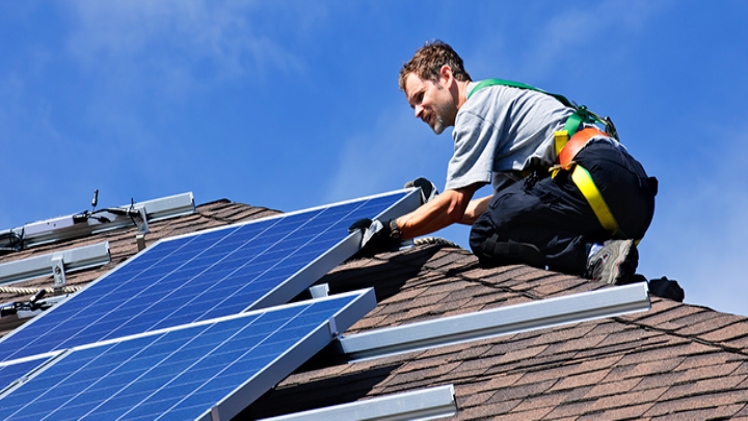Ample sunlight is essential. Solar panels won’t work for rooftops greatly shaded by trees or adjacent structures. Various other obstacles include insufficient roofing system space, a complex roofing design, age, as well as the incline of your roof. Generally, photovoltaic panels execute best on south-facing roofing systems with a slope between 15-400. Nonetheless, east, as well as west-facing roofing systems additionally work. A great starting point is the site of the property company. Key in your address, as well as search for the Sunlight Number score. The Sunlight Number ranks the suitability of a framework’s rooftop on a range of 1-100. The higher the number, the better matched a house is for solar.
If you want to check a few solar panels, please visit real power.
My roofing is kind of old. Is it an issue?
Yes. Your roofing needs to be less than ten years old, or if it’s roofing with a longer-lasting material, such as slate or tile, have at least ten years of life left. It needs to also be in good to superb condition. Why? Because if you have to change your roof covering for any reason apart from insured tornado damage, it is costly to uninstall, and after that, re-install the frames and panels.
Are all solar panels alike?
Although panels run similarly, the vital distinction is effectiveness: how much sunshine they exchange energy. Commonly, high-efficiency panels include a higher price; however, produce more electricity over the life of the system. If you have a smaller-sized roofing system, you may opt for more effective panels. Those with a bigger roof covering may also pick high-efficiency panels to utilize fewer of them overall. Be sure to query any kind of possible installer, if the recommended panels are reliable, you can purchase them. Consumers need to search for panels that are 20 per cent reliable or more.
What is destruction?
Degradation is a measurement of how much effectiveness is lost with time. Panels need to keep 80-90 per cent of their efficiency over 25 years.
Do panels operate in all environments?
You do not need to reside in notoriously bright areas to go solar. Certainly, panels produce more power on clear, sunny days in the summer, spring, as well as autumn; however, even on winter months’ shortest days or through rainstorms, the panels are going to generate some electricity. Although a snow-covered panel cannot generate electrical power, snow doesn’t stick as well lengthy to the high, slick panels.



